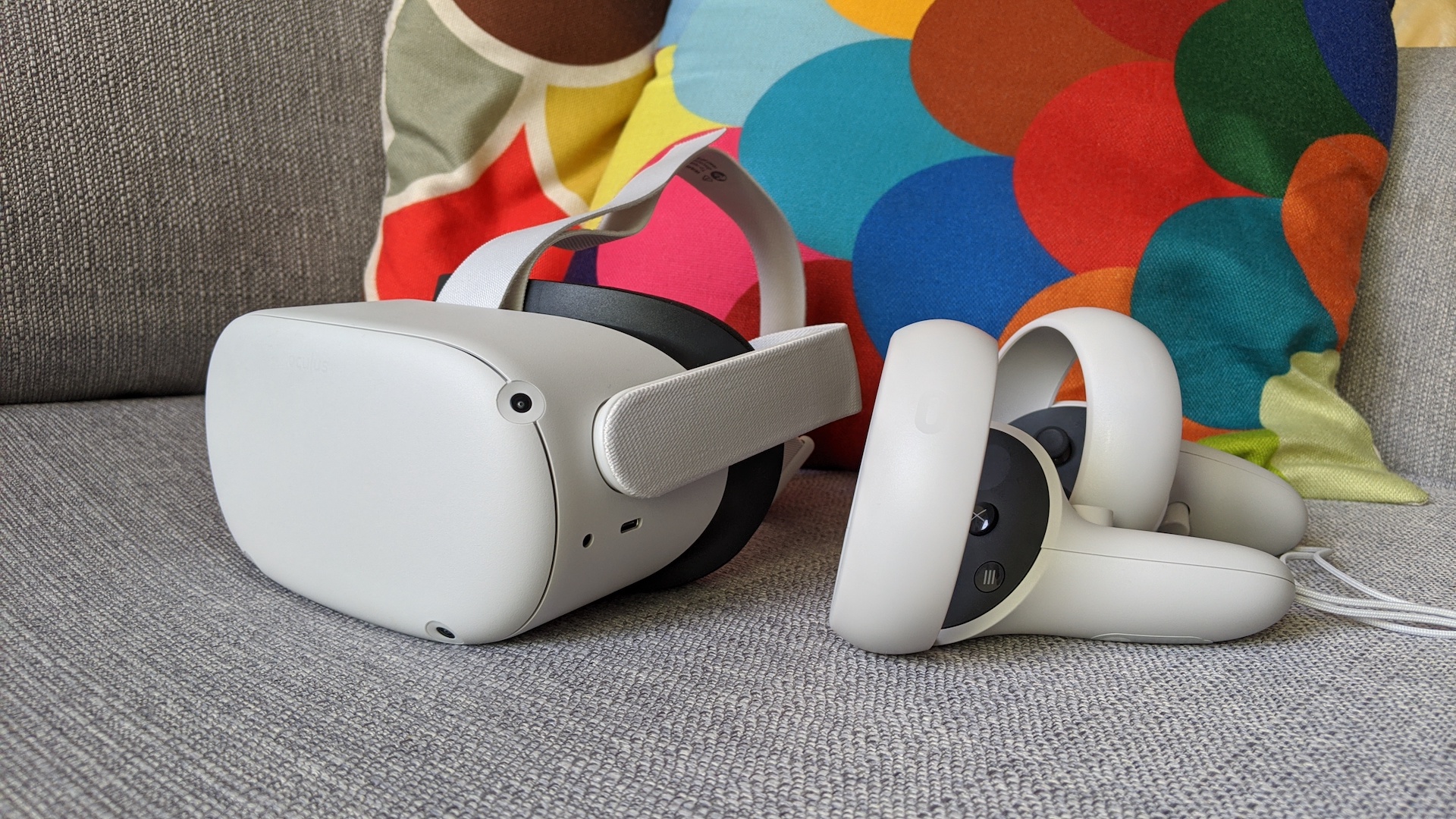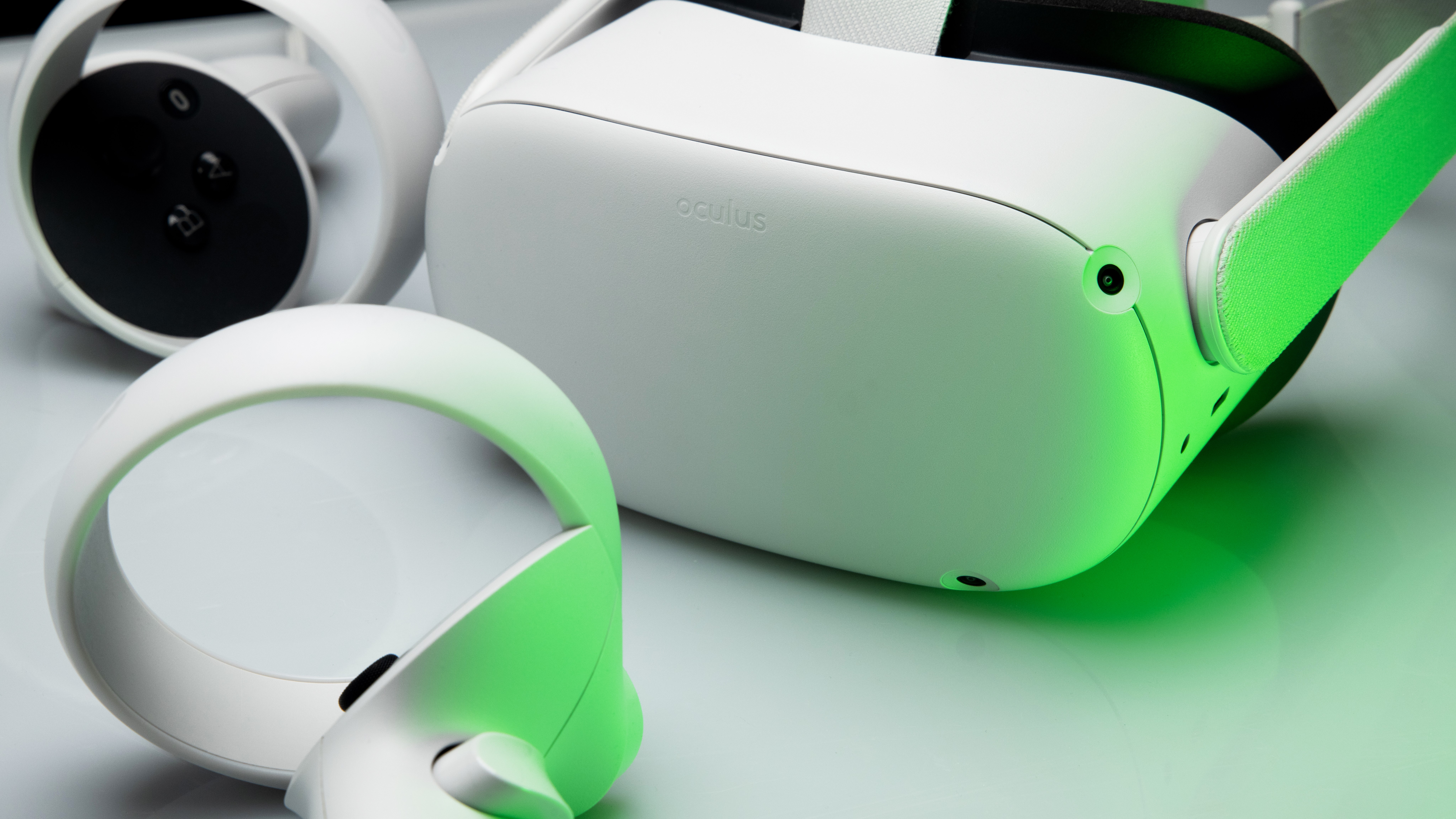You might want to turn off your Oculus Quest 2’s next visual update
You can't handle the frames

Meta will soon make the Oculus Quest 2’s experimental 120Hz refresh rate option a fully-fledged feature
An official date hasn't been announced yet, but the change to the VR headset will most likely come in the next Oculus Quest 2 update. Whenever it does arrive, the roughly year-old setting will go from optional to something that’s turned on by default. The news comes from John Carmack (a Consulting CTO at Oculus VR) in a post he shared on Twitter.
The 120Hz refresh rate will help to make games and experiences that support 120fps appear much less flickery, which in turn will help to improve player immersion and reduce the motion sickness games can cause.
So, given the benefits that the 120Hz refresh rate setting brings, why wouldn’t you want it turned on all the time?

Well, when your Oculus Quest 2's refresh rate is turned up to 120Hz it doesn’t produce frames out of thin air; its processors have to work a bit harder. This means that other elements of the games you’re playing could deteriorate, as your Quest 2 can dedicate fewer of its resources to those elements while it also tries to keep your frame rate buttery-smooth.
On top of that, the extra work your Quest 2’s processor is putting in will also impact the VR headset’s battery life. Playing games at 120Hz rather than a lower framerate will drain the battery faster, giving you less immersion time between charges.
That said, even after the 120Hz mode starts being turned on by default most games still won’t actually support 120Hz gameplay. Superhot VR and Echo VR are some notable titles that do, but even many of the best Oculus Quest 2 games – like Meta-owned Beat Saber – don’t let you play at that high a framerate.
Sign up for breaking news, reviews, opinion, top tech deals, and more.
With the feature leaving the experimental stage though there’s a chance we’ll see more developers adopt it, and offer higher framerate versions of their VR experiences.
In the meantime, while they might not all be playable at 120Hz, you should check out our picks for the best VR games that you can play right now.

Hamish is a Senior Staff Writer for TechRadar and you’ll see his name appearing on articles across nearly every topic on the site from smart home deals to speaker reviews to graphics card news and everything in between. He uses his broad range of knowledge to help explain the latest gadgets and if they’re a must-buy or a fad fueled by hype. Though his specialty is writing about everything going on in the world of virtual reality and augmented reality.